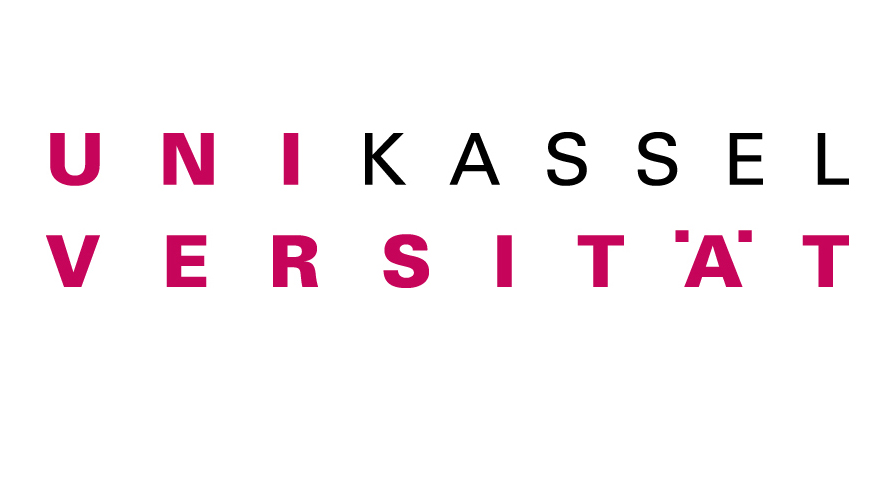This page contains automatically translated content.
Mobility opportunities for socially disadvantaged people

Social exclusion and poor mobility opportunities are often interrelated, but little information exists on the extent, structure and cause-effect relationships between social participation, mobility and living conditions. To reduce social exclusion, a close link between spatial, transport and social planning is very important, but currently hardly widespread. "Often, only the accessibility of important places is examined, but without examining whether and how different people can reach these places with their resources and abilities. People who cannot afford a car have difficulty reaching important destinations that are easily accessible only by car," says Professor Carsten Sommer, head of the Department of Transportation Planning and Systems at the University of Kassel.
In order to close the knowledge gaps on the research topic, quantitative and qualitative surveys will first be conducted in the project. These surveys are based on previously defined social indicators, which take into account individual life situations in addition to the objective accessibility variable commonly used in transportation planning. The results from theory and empiricism form the basis for an inter- and transdisciplinary development of planning instruments for integrated spatial, transport and social planning. Two instruments are used or developed - on the one hand workshops, which enable the participation of socially excluded groups of people, and on the other hand a traffic model, which can determine the effects of measures. Based on these instruments, measures will then be developed that increase the mobility and participation opportunities of the above mentioned population groups. The results will serve as a basis for improving planning and decision-making processes at the municipal level. Planning instruments and measures will be developed for the Hannover Region as an example, but should be transferable to other regions and municipalities.
The Social2Mobility project is being carried out by the Hannover Region, WVI Verkehrsforschung und Infrastrukturplanung GmbH and the universities of Kassel and Frankfurt am Main. The BMBF is funding the research project with a total of 1.06 million euros as part of the flagship initiative Future City. The University of Kassel's share amounts to 399,000 euros. The project sponsor is the German Aerospace Center (DLR).
Contact:
Prof. Dr.-Ing Carsten Sommer
University of Kassel
Department of Transportation Planning and Systems
Department of Civil and Environmental Engineering
Phone: +49 561 804-3381
E-Mail: c.sommer[at]uni-kassel[dot]de